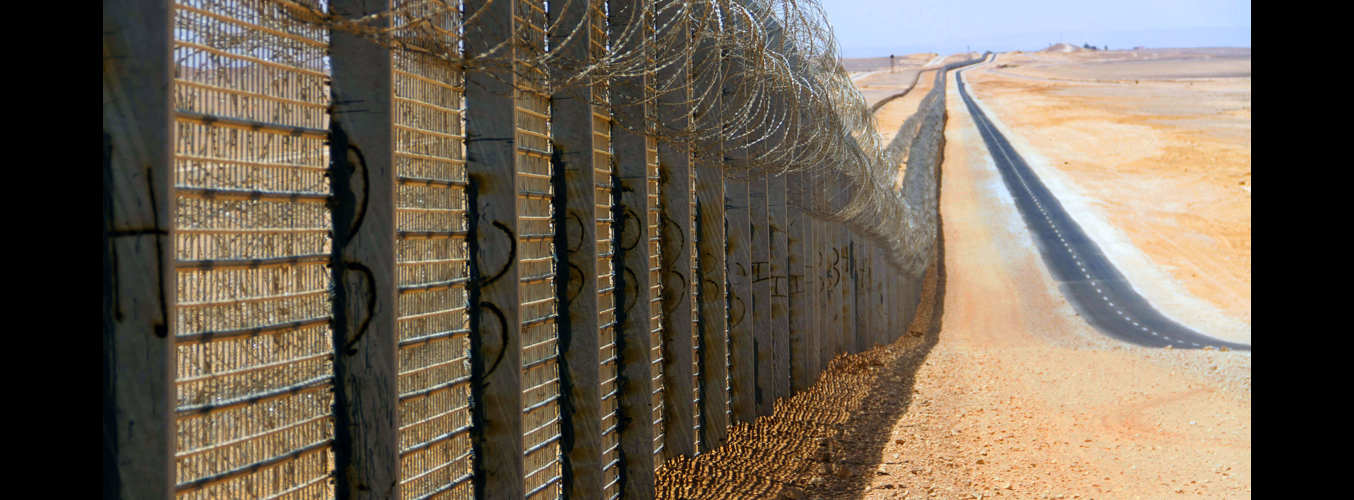Op-Ed by Diliman Abdulkader
The ever-changing political landscape of the Middle East requires for new alliances to take shape, especially as a new threat emerges: Iran. The growing Iranian expansionist ambitions in the region pushes former foes ever closer. A perfect example is the sensible ties between Gulf states of Saudi Arabia, Bahrain, United Arab Emirates and Israel. Despite the common Washington speech about Iran playing a defensive role, no state in the Middle East buys into this rhetoric. Iran’s goal in the region is clear – continue to project strength through expansion while ignoring its immense domestic issues. From a fragile economy to its record of human rights abuses, the Iranian regime is at its weakest point. The recent protests during the new year was an example of its population shifting away from the so called ‘79’ revolution and demanding for regime change.
Sunni Arab States in the Middle East are realizing Israel is not the biggest threat after all. It is instead the regime in Iran that is moving beyond its border by feeding Shiite militias in Iraq, Syria, Lebanon and Yemen with the aim of destabilizing central governments. Iranian interference and influence is undermining sovereign states without having any genuine ties with the people. Take for example Iran’s involvement in Syria. The Assad regime is still strong largely because it receives billions of dollars in backing in addition to nearly 100,000 Iranian Revolutionary Guards Corps (IRGC) soldiers. Included in the IRGC are Afghan refugees and child soldiers who are forced to fight in Syria or face deportation back to Afghanistan. Iran, in essence, is starving its own people while fanning the flames of sectarianism in the Middle East. Iranians were chanting “Let go of Palestine,” “Leave Syria, think about us,” and “Not Gaza, not Lebanon.”
The Trump administration’s Jerusalem move also failed to receive harsh backlash as most anticipated it would. Most Arab states, Saudi Arabia included, made a few statements but nothing out of the ordinary. All in all, they did not condemn President Trump’s decision. Sunni states in the region are finally understanding the greater and long-term threat, and Jerusalem is simply not worth deteriorating relations with Israel.
Israel is eager to make friends with its neighbors; however, this may be a double-edged sword for some Arabs. Having an open alliance with Israel equates to ignoring the Palestinian issue in the minds of many living in the region. However, it is clear that solving the Israeli-Palestinian conflict will not bring peace to the Middle East, nor will it lead to stability. On the contrary, the outside-in approach may be the most realistic, after improving relations between Israel and Arab states, tackling the Palestinian issue will be less difficult due to the binding ties. This also takes Iran out of the equation, aside from funding and giving weapons to a designated terrorist organization, Hamas, the Islamic regime in Iran has not contributed positively to the long-standing Israeli-Palestinian conflict.
Additionally, Israel openly called for the creation of an independent Kurdish state in Iraq during the Kurdistan Region’s referendum, which took place September 2017. This was a bold move that was welcomed by Kurds, despite receiving criticism from the central Iraqi government, which has no official ties with the Jewish state. Israel openly calling for a Kurdish state proves it is no longer a taboo due to the increasing real threat Iran brings to the neighborhood.
The continuous developments in the Middle East pertaining to Israel are accomplished through reaching out to new partners while countering a common threat. This seems to be a realistic strategy working for Arabs, Kurds and Jews. Israel is certainly a strategic ally to have, especially with its advanced understanding of technology, water development and intelligence sharing. All sides can benefit from a cooperating with Israel in all its forms, whether it be covert, transactional or a strong stable transparent partnership.
Diliman Abdulkader
Diliman Abdulkader is a master’s candidate at the School of International Service, American University in Washington, DC. He is studying international affairs – peace and conflict resolution. He received his BA from the University of Washington on Politics, Philosophy and Economics (PP&E) with a minor in Human Rights. He has been quoted in various, leading news sites such as Newsweek and has written for Jerusalem Post, The Tower, American Thinker, among others. He is a contributor to the Raddington Report and NRT English, a leading Kurdish news site. Abdulkader is the Kurdistan Project Director at the Endowment for Middle East Truth (EMET). Abdulkader was born in Kirkuk. Follow him on Twitter: @D_abdulkader


